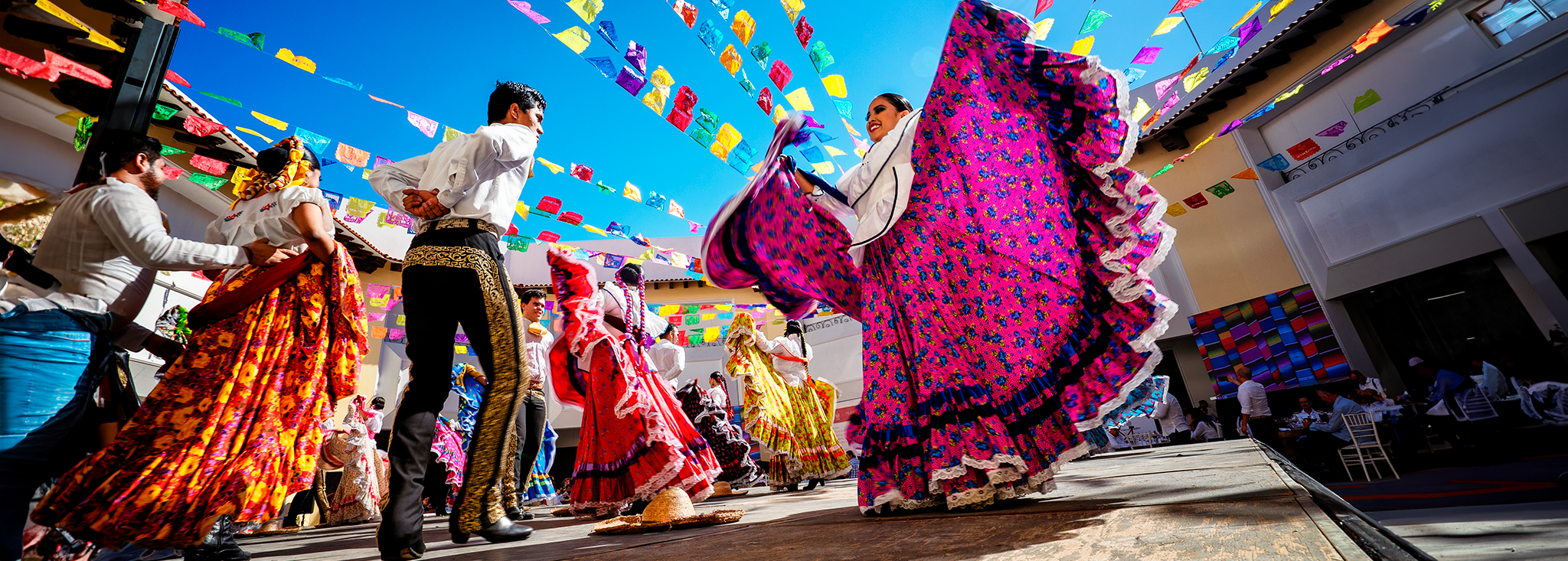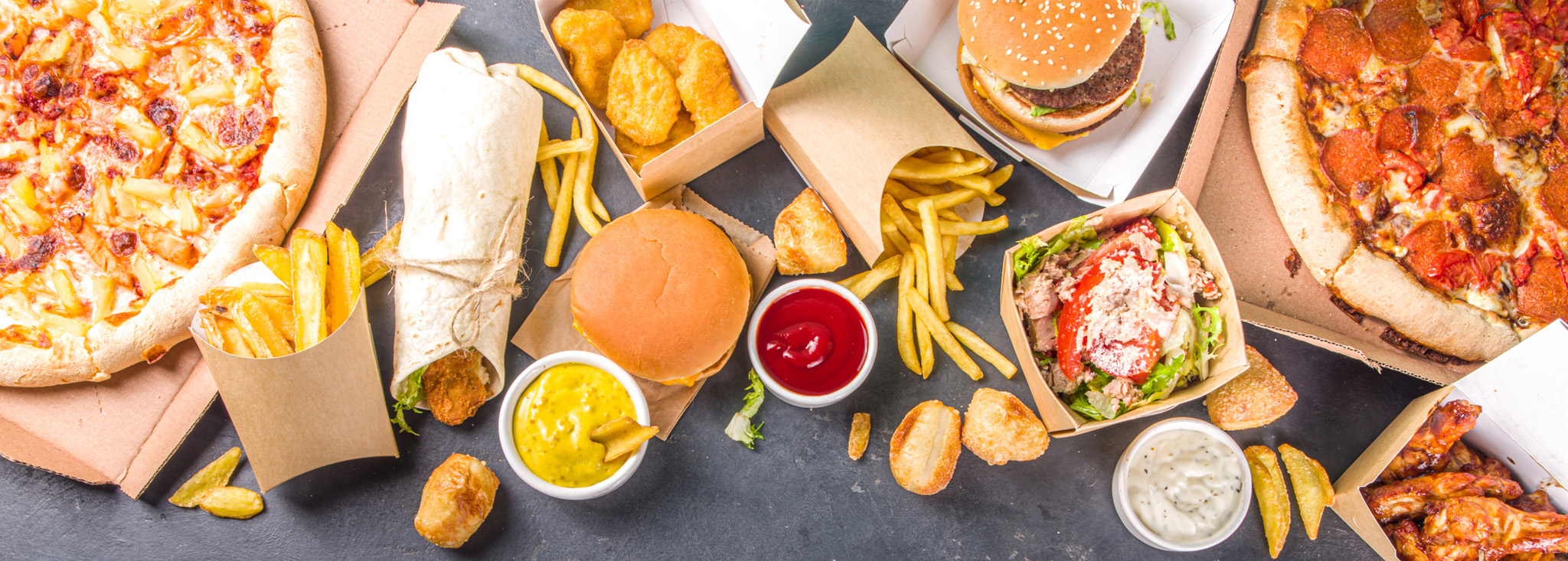Fasting with Type 1 Diabetes
Written by: Carly Crompton
3 minute read
October 12, 2016
In the type 1 community, food and eating habits are not only a common subject of conversation, but a necessary component of management. A common dietary practice that is important to acknowledge in this space is fasting.
Note: This is part of our library of resources on Food. Learn more about dietary recommendations from nutritionists and foodies alike on our Food page!
In the type 1 community, food and eating habits are not only a common subject of conversation, but a necessary component of management. A common dietary practice that is important to acknowledge in this space is fasting.
Things to keep in mind when fasting with type 1 diabetes:
- If your basal/background insulin dose(s) is too high, you could experience low blood sugars during fasting. If this happens, talk to your doctor about creating a reduced basal/background insulin plan for the days you expect to be fasting.
- Skipping breakfast can actually cause a rise in blood sugar levels because your liver will release stored glucose (glycogen) to give your brain the fuel it needs to function. You can talk to your doctor about compensating for this by taking a very small bolus of insulin at the time the rise in blood sugar occurs.
- Learning how to manage blood sugar levels while fasting takes a bit of practice, trial and error. It simply comes down to fine-tuning your insulin doses.
- Whenever fasting, keep sources of fast-acting carbohydrates nearby to treat any potential low blood sugars. Check your blood sugar frequently during the fasting period to ensure you are safe!
Religious Reasons
There are many different reasons for fasting and sometimes it cannot be avoided. Religious and spiritual fasting manifests in many different practices and belief systems such as Judaism, Buddhism and Islam. Fasting before medical procedures like surgery or blood tests is often required. Additionally, fasting for detoxification, or “doing a cleanse” is a growing dietary practice. So, is it safe for those with type 1 diabetes to fast? If so, what are the best practices to follow while participating in a fast?
Most of the research regarding fasting and diabetes surrounds Ramadan and most often, the medical recommendation for those with diabetes is to avoid fasting. The main health risk is hypoglycemia—particularly if you continue taking insulin while fasting without regular blood glucose monitoring. If you do choose to fast for spiritual or personal reasons, talk with your healthcare provider about a plan and regularly monitor blood glucose to avoid health emergencies.
Safety first is the best practice, and this is recognized in most spiritual communities. I was raised Jewish and distinctly remember the announcements from our Rabbi during long Yom Kippur services pleading individuals in various circumstances to not fast for their own safety and instead display their faith through another outlet. Again, fasting may not be out of the question, just be sure to talk with your healthcare provider, create a plan and be flexible in stopping the fast if risks become too high.
Medical Procedures
When it comes to various medical procedures, fasting is often required. It is common that before a medical procedure people will release hormones such as adrenaline and cortisol (both of which increase blood glucose levels in the blood) due to stress. In individuals without type 1 diabetes, insulin levels will increase to balance out the hormones. In patients with type 1 diabetes, insulin is not produced to balance out these changes and so may still need to be administered to maintain normal blood glucose levels even while fasting. This is one of the many reasons that managing type 1 diabetes while fasting before a medical procedure can be difficult. The good news is, you will be surrounded by medical professionals that can both advise you and help you if there is a problem.
Cleansing Diets
Detox diets refer to short term diets, ranging from a few days to a few weeks, which claim to help remove toxins from the body. Typically, these diets focus on exclusively drinking specific teas, juices, or eating specific vegetables such as cabbage. Currently, there is not much research showcasing the benefits and side effects of detox diets. They tend to be expensive, ones that contain herbal supplements are not tested by the U.S. Food and Drug Administration (FDA) and may have unknown side effects, and they often do not teach or encourage people to stay healthy between detoxes.
With my background in nutrition, I personally do not understand the benefit of detox diets. Yes, the juices are generally jam-packed with nutrients and your body will get rid of a lot because you are feeding it a lot of fiber. Our bodies have the functionality to rid of toxins on its own when it needs to and we don’t need to force our bodies to do this—they’re pretty smart! Additionally—especially with type 1 diabetes—regularity in diet is extremely important and a cleanse might throw you more off balance. If you are interested in trying a cleanse or have used one in the past and liked it, right on! Just be sure to talk with your healthcare provider first and be aware of the risks.
References
“Safe Fasting with Diabetes.” Diabetes Forecast
“Detox Diet.” Diabetes UK
“Management of Type 1 diabetes and Perioperative Fasting” Nursing Times
Read Why the Paleo Diet is Good for Type 1 Diabetes by Caroline Potter.

Author
Carly Crompton
Beyond Type 1 is the largest diabetes org online, funding advocacy, education and cure research. Find industry news, inspirational stories and practical help. Join the 1M+ strong community and discover what it means to #LiveBeyond a diabetes diagnosis.
Related Resources

Long live Mexico and its culinary art! Hispanic Heritage Month is from September 15th to...
Read more

Fast food has gotten a bad rap for years. For many, the convenience and comfort...
Read more

Editor’s note: This article is part of our library of resources for Celebrations & Holidays. Check out...
Read more

